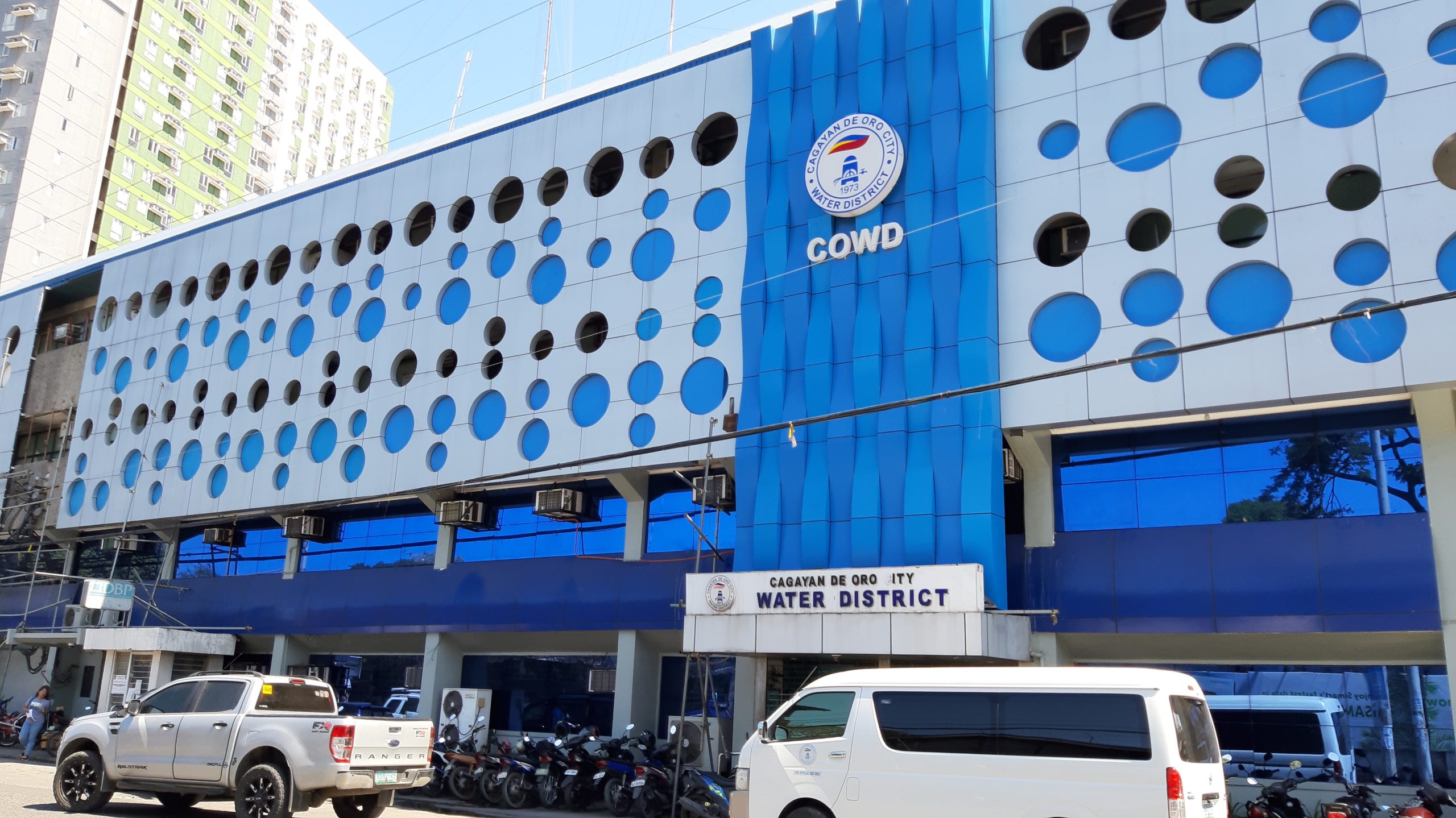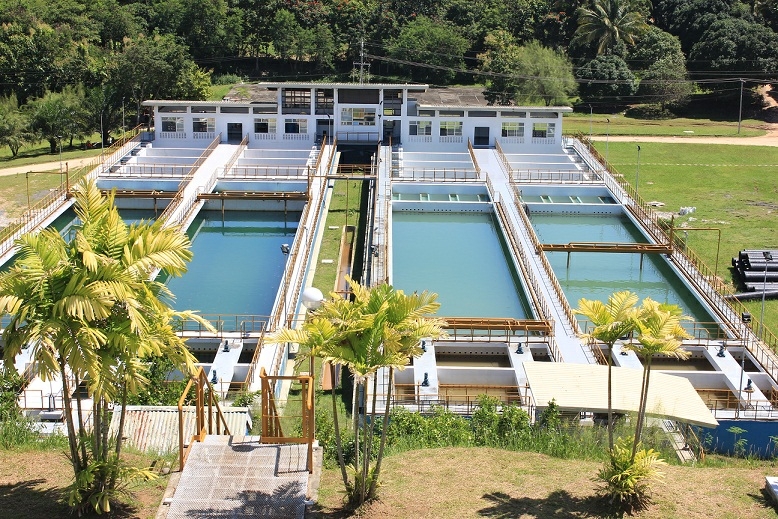By JOEY NACALABAN
Correspondent .
AN official of the Cagayan de Oro City Police Office yesterday belied reports about some of its members being protectors of crime groups behind illegal gambling and the distribution of illegal drugs in the city, saying no evidence supports the allegations.
Supt. Mardy Hortillosa, Cocpo spokesman, said the allegations were all hearsay and not supported by evidence.
He however confirmed that two police officers here were arrested during a “pot session,” and another one tested positive for substance abuse but the suspects “are not protectors.”
Hortillosa said Cocpo had long looked into the allegations that some of its members were providing protection to crime groups specializing on illegal drugs and illegal gambling but the result of the investigation was “negative.”
He said one allegation was that a police inspector in the Cocpo was a drug protector. The report, he said, came from a “concerned citizen.”
But the allegation was dismissed by Cocpo investigators who were tasked to look into the allegation, and who subjected the police official to surveillance operations.
“They found out that it was not true,” he said.
He said Cocpo subjects its own people to intelligence and counter intelligence operations especially if there are reports on irregularities coming from citizens.
Hortillosa said citizens can help by providing information to Cocpo so it could work on something. “Wala man mi mangayo og bug-at nga ebedensya. Bisan circumstantial lang such as nakita nimo siya midawat og kwarta unya nakuhaan nimog picture, OK na na.”
But Hortillosa said the Cocpo would continue to police its own ranks as part of the National Police’s cleansing process. This, he said, would mean more surprise drug tests.
Disclaimer
Mindanao Gold Star Daily holds the copyrights of all articles and photos in perpetuity. Any unauthorized reproduction in any platform, electronic and hardcopy, shall be liable for copyright infringement under the Intellectual Property Rights Law of the Philippines.











